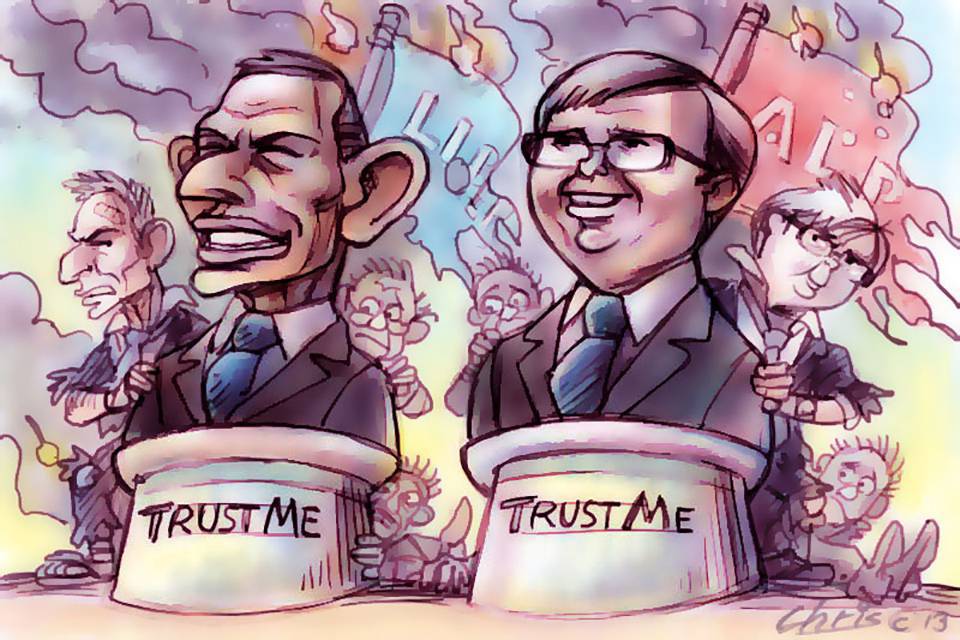A Decade After Alan Kurdi: Europe's Migration Crisis and the Rise of the Far Right
In 2015, Alan Kurdi's tragic death on a Turkish beach prompted European governments to commit to aiding Syrian refugees. Today, rising far-right sentiments and stricter EU policies have shifted the focus to keeping migrants out, prompting concerns about the future of migration in Europe.

In 2015, the heart-wrenching image of three-year-old Alan Kurdi lying lifeless on a Turkish beach galvanized European leaders into taking action. The death of the young Syrian refugee stirred widespread sympathy and led to commitments to aid those fleeing the brutal Syrian civil war.
A decade later, however, the political landscape has notably shifted. As thousands of refugees continue to embark on perilous journeys to Europe, driven by hardship and conflict, they face a drastically altered reception. The European Union, which once vowed to prevent the loss of life at sea, now prioritizes restricting migrant entry to appease right-leaning voters.
This shift in policy, heavily influenced by growing far-right rhetoric, has sparked alarm among rights groups and migration advocates. Josephine Liebl of the European Council on Refugees and Exiles warns that the EU's stringent measures are making the future increasingly uncertain for migrants, echoing fears that 'things will change for the worse.'
(With inputs from agencies.)










